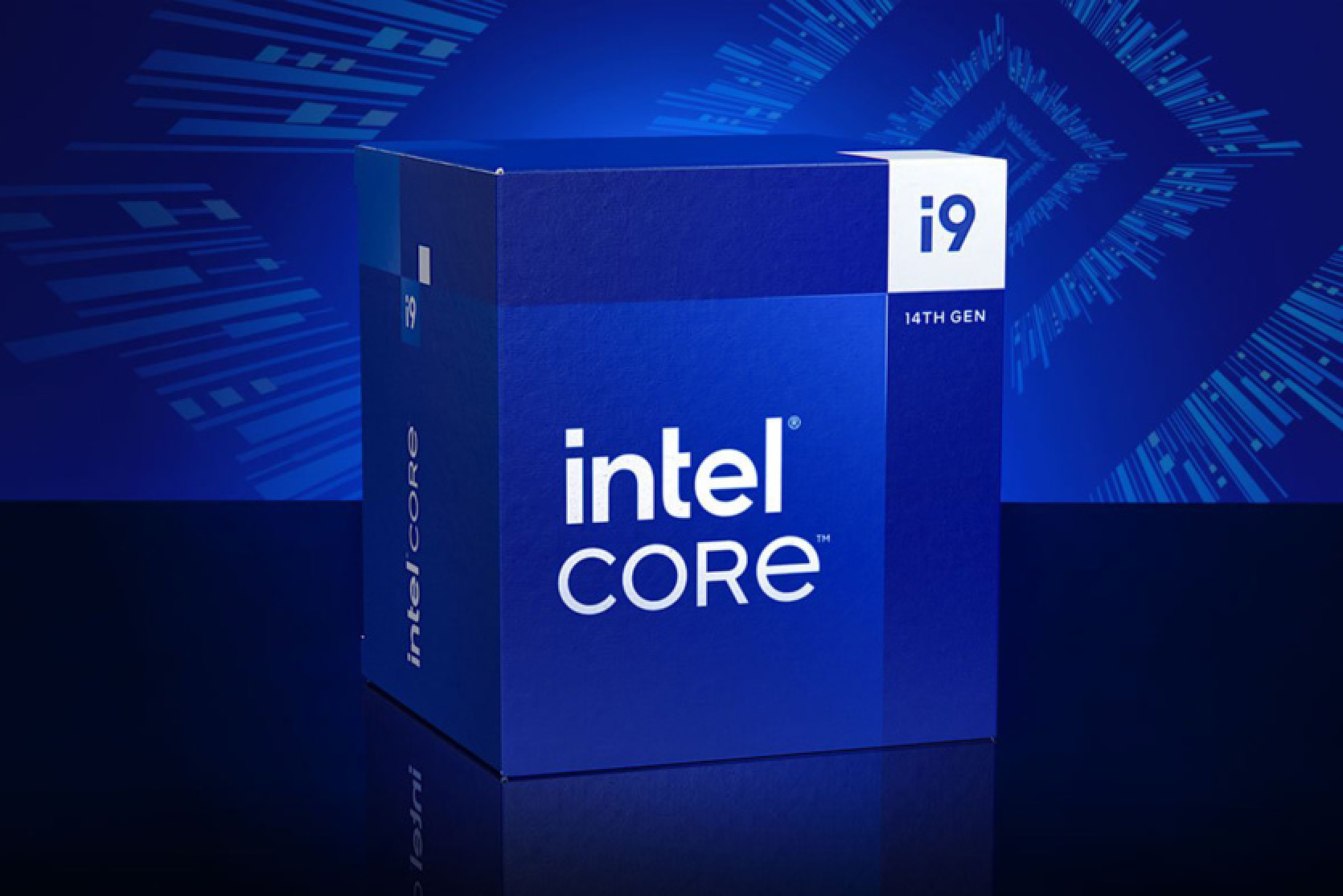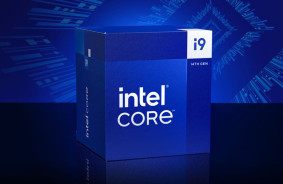Intel has released the final fix for the instability in its 13th and 14th generation Core processors (Raptor Lake). The company has commented on the reasons behind the unsatisfactory performance of these chips.
The primary instability, referred to as Vmin Shift, has been localized by Intel within the IA core structure. The company explains that this design is particularly vulnerable to reliability loss due to aging caused by increased voltage and temperature. This issue is typical for Intel’s K-series processors and those that have been overclocked manually by users or motherboard vendors. Here’s what Intel stated in its blog:
1. The motherboard power settings exceed Intel’s power guidelines.
Consequently, the final fix includes microcode update 0x12B, which is definitive and encompasses all previous updates. While Intel does not explicitly state that this is the last update, it has identified four scenarios, and this update covers the final one.
Intel believes that the update will protect the chip from premature aging and instability as a result. However, if the processor has already been affected by premature aging, it’s advisable to return the chip under warranty, if possible, or to replace it. Intel is now offering a two-year warranty extension for these processors, with almost every PC manufacturer committing to this policy.
“To clarify, BIOS and microcode updates will not rectify processors that are already experiencing instability due to Vmin shift. Clients experiencing instability symptoms with 13th and 14th generation desktop processors should contact their Intel representative, system manufacturer, or point of purchase,” said Intel representative Mark Anthony Ramirez.
Intel has yet to disclose the batch numbers or serial number ranges of Raptor Lake chips affected by oxidation during production. The company claims to have addressed this issue long ago. There is currently no tool available that allows for easy chip testing. Additionally, Intel has not provided the number of processors that may be irreparably affected.
Currently, the company is working with partners to deploy the BIOS update, although specific timelines have not been announced. This indicates that users of Intel 600/700 motherboards will receive yet another update, ideally the last one. Intel has already confirmed that this issue will not affect future 800-series motherboards or 200-series Core processors.
Sources: Intel, The Verge, VideoCardz













Comments (0)
There are no comments for now